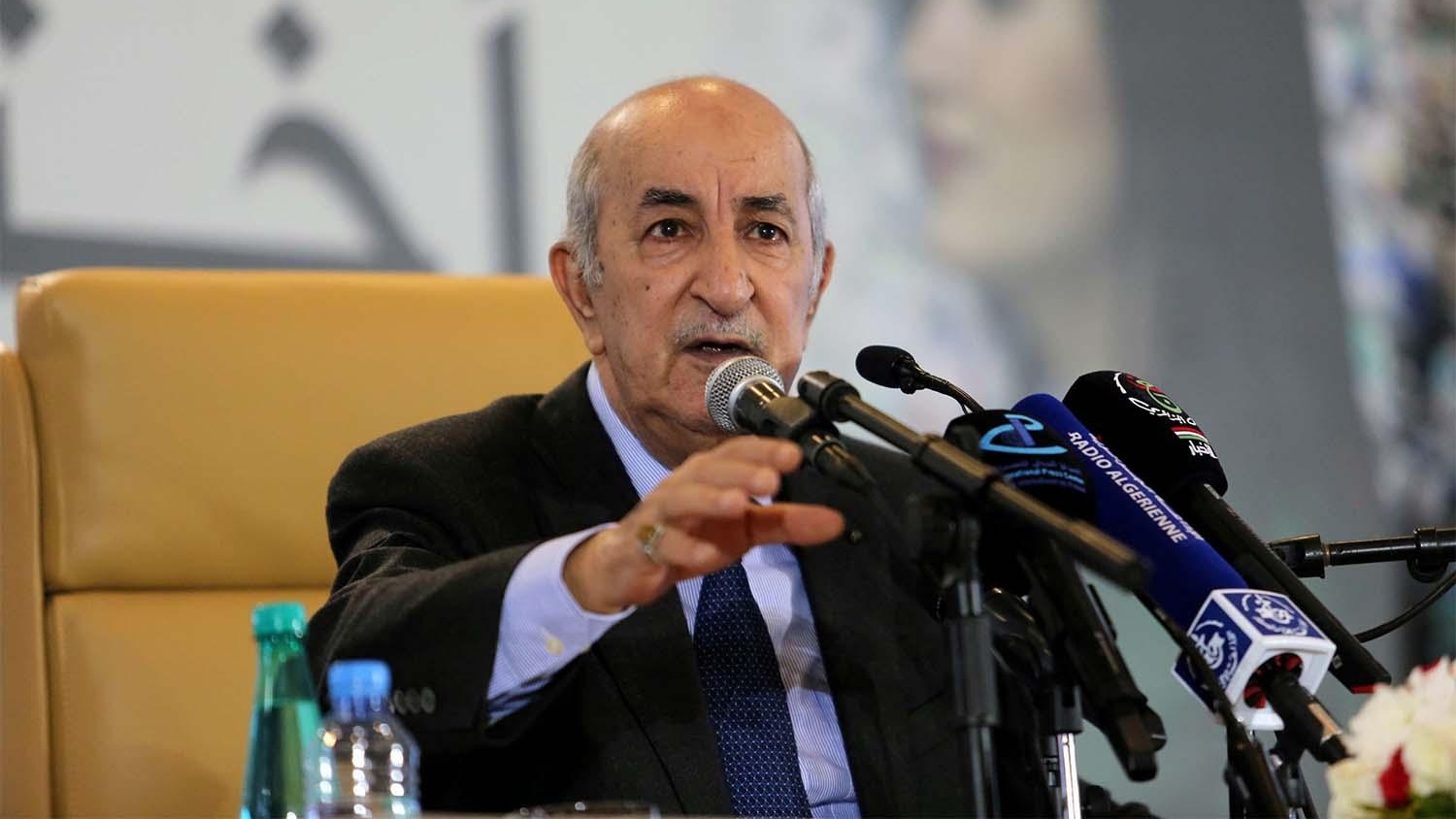Algerian president Abdelmadjid Tebboune announced on Sunday, September 20, that the country will hold early legislative elections after a scheduled referendum on constitutional amendments is held on November 1. The president however did not specify any date for the elections. In an interview to a local television channel, Tebboune said, “The proposal is fully in line with the requirements of modern state building and responds to the demands of the popular movement (Hirak).”
The existing parliament that was elected in 2017 comprises mainly allies of deposed president Abdelaziz Bouteflika.
The national referendum to be held next month follows the Algerian parliament passing draft constitutional reforms by a ‘show of hands’ vote. 256 members of the 462 present in the people’s national assembly voted in favor of the constitutional amendments. The reforms are aimed at expanding constitutional freedoms and giving a greater role in decision-making to the parliament and prime minister of the country. The government also asserted that the new reforms would bring a “radical change in the system of governance”, strengthening both the fight against corruption as well as the quest for social equality, justice and press freedom in the country.
Some of the new reforms include two five-year term limits for both the president and the parliament, the establishment of a special body to manage underdeveloped regions, and requirement of parliamentary approval by a two-third majority for the Algerian armed forces to carry out military operations abroad.
The reforms would make it mandatory for the president to choose the prime minister from a party that has a majority in the parliament instead of the existing practice of choosing any politician of his or her liking. The post of vice-president would be abolished. The reforms would also prohibit the suspension of media activity or the dissolution of political parties and associations “except by judicial ruling.”
The new reforms would also pay homage to the popular Hirak protests, by including a plan for the commemoration of the movement for its contribution to Algerian society and country as a whole. It would recognize the role of the movement in bringing about thoroughgoing political, social and economic change.





